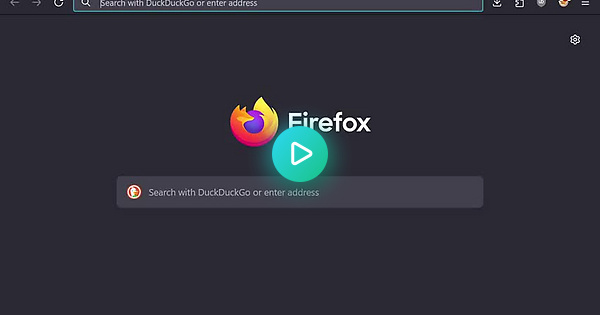

Werner Vogels introduced in his closing speech at re:Invent this year the term “Verification Debt” and my stomach sank, knowing that term is going to define our roles in the future. The tool (AI) isn’t going to get the blame in the future, you are. You are going to spend so much time verifying what it has generated is correct, the gains of using an AI, may start to be less beneficial than we think.







So, now that this has been published by British Academia, how long before China puts it into prod?